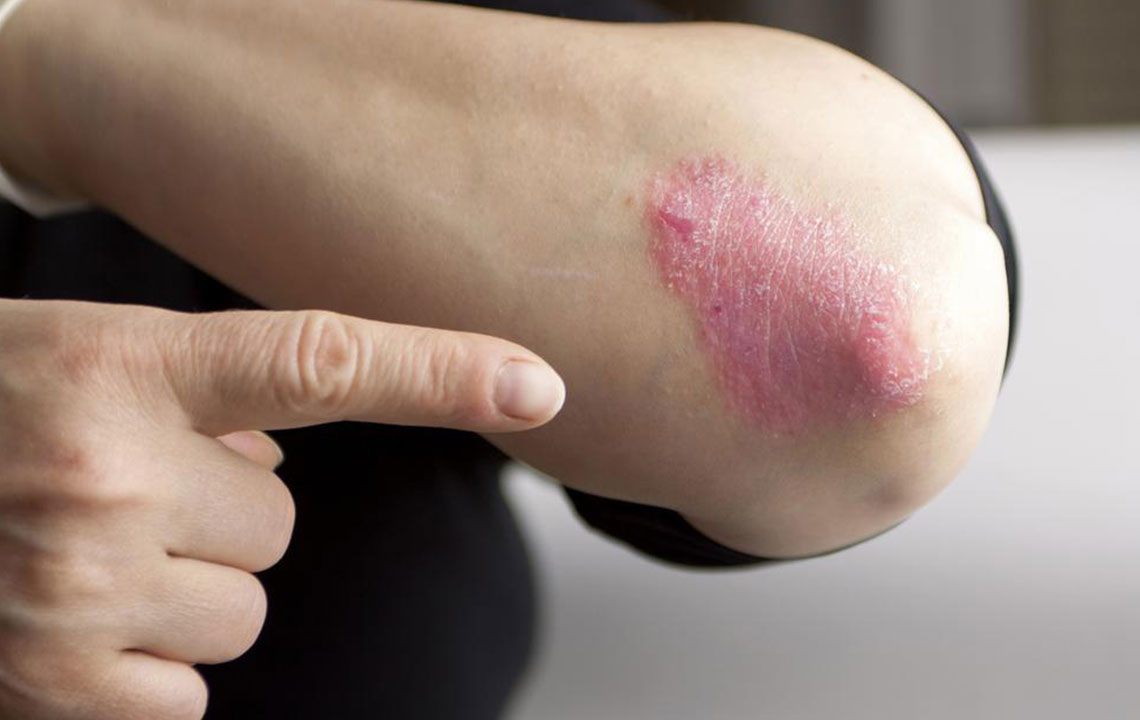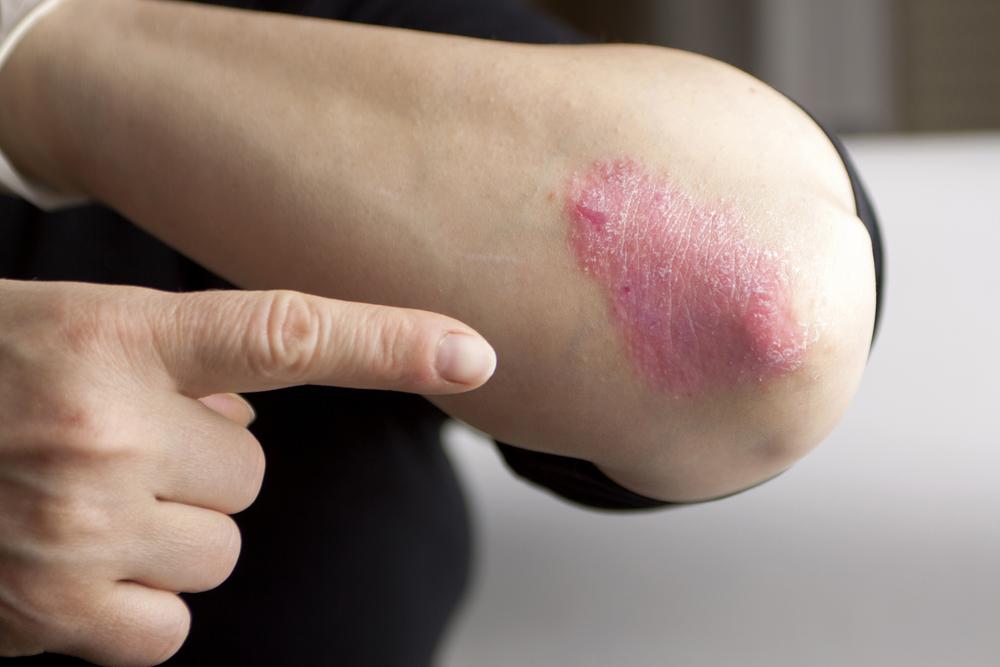Essential Facts About Psoriasis You Should Know
Learn about psoriasis, its causes, triggers, and available treatments. This comprehensive guide helps understand the autoimmune nature of the condition, common symptoms, and effective management strategies. Consult healthcare providers for personalized care to manage flare-ups and improve skin health. A deeper understanding of psoriasis assists patients in controlling this chronic skin disorder effectively.

Essential Facts About Psoriasis You Should Know
Psoriasis is a chronic skin condition caused by an overactive immune response. It is an autoimmune disorder characterized by rapid skin cell growth, leading to flaky, scaly patches. Although there is no cure, symptoms can be managed effectively. Typically starting in adulthood, psoriasis commonly affects areas like knees, scalp, and elbows. The severity varies from a few patches to widespread skin involvement. Understanding the triggers and treatment options helps patients control flare-ups and improve skin health.
Root Causes of Psoriasis
The exact cause remains unknown, but genetic and environmental factors are significant contributors. A family history increases risk, and immune system dysfunction plays a key role.
Genetics account for one-third of psoriasis cases, especially when relatives are affected. However, only a small percentage with the gene develops symptoms. Environmental triggers, such as weather, stress, infections, medications, skin injuries, smoking, and alcohol, can activate the disease. Cold, dry weather dries skin, aggravating symptoms. Stress and infections like strep throat often cause flare-ups. Certain drugs and skin trauma may also trigger outbreaks, intensifying symptoms.
In psoriasis, the immune system mistakenly attacks healthy skin cells, causing them to multiply rapidly. This leads to thickened, flaky skin on affected areas. Inflammation and immune overdrive contribute to the discomfort and characteristic rash.
Since psoriasis has no definitive cure, treatment focuses on alleviating symptoms and controlling flare-ups. Various options are available, including topical creams, light therapies, and systemic medications. Topical treatments like vitamin D analogs, retinoids, and salicylic acid are effective for mild cases. Phototherapy using natural sunlight or UVB light helps reduce symptoms. For moderate to severe cases, oral and injectable medications such as immunosuppressants may be prescribed. Lifestyle adjustments, like moisturizing skin and avoiding triggers, are also recommended. Always consult healthcare professionals for a comprehensive management plan.
Note: The information shared here serves as general guidance. For personalized treatment, always seek advice from a dermatologist. Exploring alternative therapies such as natural oils may also provide relief. Keep in mind that ongoing research continues to improve understanding and management of psoriasis.










